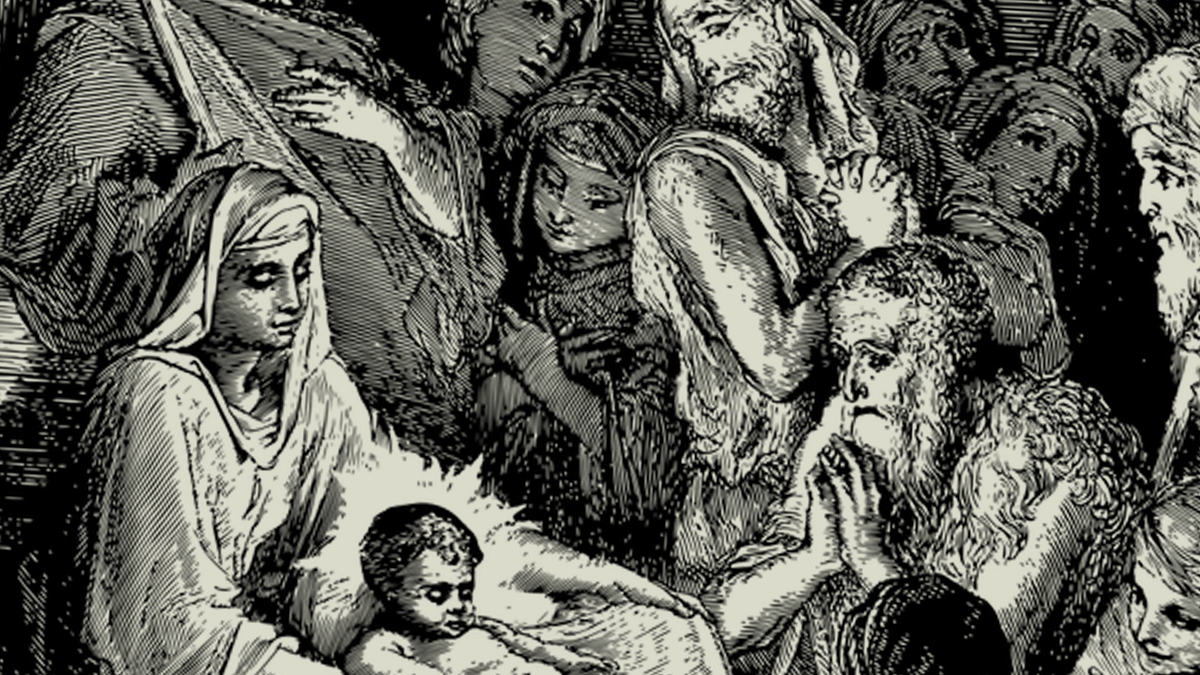Article (Page 7)
Basic Facts About Mark (Part 2)
Mark 7 concludes with the words of Gentiles and half-breed Jews living in an area east of the Jordan River, across from Samaria (called the Decapolis). Their assessment of His mighty works? “He has done all things well. He even makes the deaf hear and the mute speak” (ESV). The Decapolis was initially a province of ten cities built by Alexander the Great and modeled on Athens. They were originally populated with retired Greek soldiers and their families, and were…
Basic Facts About Mark
The shortest of the four records of the life of Jesus, the book of Mark was evidently written for a mainly Roman audience. It presents Jesus as a grown man, focusing primarily on the things He did and said, with considerable emphasis on the miracles He performed. Mark’s account moves rapidly, as would befit a Roman military report. Brother Johnny Ramsey used to say that we should “obey now what you know now.” This is a quaint way of stating…
Basic Facts About Matthew (Part 5)
The parable of the two sons in Matthew 21:28-31 teaches a crucially important lesson about the nature of repentance. The very idea of “repenting” offends many folks today; every imaginable form of sin and perversion is practiced and defended openly. Much of Christendom embraces the idea that “sin” is not really connected to morality, and for most people repenting simply means offering a truculent “sorry” when they are caught in a sin. Jesus’ words, however, show clearly that there is…
Basic Facts About Matthew (Part 4)
The transfiguration of Jesus in Matthew 17 was surely one of the most extraordinary events any of the apostles would ever experience. It appears that this event occurred somewhere on the slopes of Mt. Hermon, one of the highest points in Palestine. Jesus and the disciples had previously been in the region of Caesarea Philippi, at the foot of the mountain, according to chapter 16:13. Only three apostles were with Jesus on this occasion (Peter, James and John), and He…
Basic Facts About Matthew (Part 3)
“Caution: Engage mind before engaging mouth” might be words of warning every person should review, before speaking in any situation. Jesus declares in Matthew 12:34 that our words reveal our inner man, and then goes on to emphasize that one’s actions are consistent with his thoughts (vs. 35, which echoes the basic point of Proverbs 23:7). Our Lord follows this with a warning, that each of us will have to account to God for every idle word we speak (vs.…
Basic Facts About Matthew (Part 2)
We can draw several useful lessons from Matthew 4, where we find the record of a face-to-face confrontation between Jesus and the devil. Notice that Satan picked a time when Jesus would understandably be weakened and (in theory) more susceptible to temptations; verse 2 tells us that Jesus had just completed a forty-day fast. The first of Satan’s trials attempted to exploit His natural hunger, but His response was rooted in God’s word –“Man shall not live by bread alone,…
Basic Facts About Matthew
The book of Matthew introduces the reader to Jesus of Nazareth as the Christ, the long-awaited fulfillment of old testament prophecies. Matthew (also known in Mark 2:14 and Luke 5:27 as Levi) was a “publican” or tax-gatherer by trade (Matthew 10:3) –he worked for the Roman government, and was therefore despised by many of his countrymen as a traitor to Judah (much like Zacchaeus, Luke 19). Matthew’s record contains some of the most familiar of Jesus’ teachings (the Sermon on…
Basic Facts from the New Testament
(Editor’s note: This week we transition from a focus on the books of the OLD testament to the books of the NEW testament. By way of introduction, we begin with some general information drawn from the late brother Frank J. Dunn’s excellent book, Know Your Bible.) The books of the new testament are titled in some older copies of the bible as “the Last Will and Testament of Jesus the Christ.” This part of the bible is comprised of 27…
Basic Facts from Malachi
Malachi is the last old testament prophet who wrote down the message God gave him. He was evidently a contemporary of Ezra and Nehemiah. During their time Judah had slipped back into a cool, spiritually careless and uncommitted attitude toward God. They considered their responsibilities toward Him to be a burden, and the main focus of Malachi’s message is his people’s need for repentance. The first three chapters of Malachi describe a series of challenges and responses between God and…
Basic Facts from Zechariah
Zechariah was a contemporary of and a coworker with the prophet Haggai. The focus of his preaching to God’s people was to exhort them to repent and remember the covenant they had with God, in preparation for the rebuilding of the temple. God presents Zechariah with a series of eight visions pertaining to Judah’s future. There is a strong theme of Messianic hope and prophecy in Zechariah’s writing, and he challenges his people to refrain from the sins that had…
Basic Facts from Haggai
The two chapters of Haggai place this prophet’s writing among the shortest books of the bible. Haggai focuses on prophecies that relate to the (then) coming Messiah. The prophet himself (whose name means “festive”) was a contemporary of Zechariah, and both men were instrumental in motivating the exiles who had returned to Jerusalem to actually complete the re-building of the temple, about the year 516 B.C. Sixteen years had passed since the foundation had been laid, under the leadership of…
Basic Facts from Zephaniah
According to the first verse of this short book, Zephaniah prophesied while Josiah, the “boy-king” of Judah, was renewing the nation’s spiritual life following the horrors of Manasseh’s reign. Judah’s spiritual revival would be cut short, however, when the king died in battle (2 Chronicles 35:20ff). Zephaniah denounced his people’s corruption and wickedness, but also emphasized God’s merciful plan to restore them after the captivity and exile in Babylon was finished. The expression “the day of the Lord” forms the…











